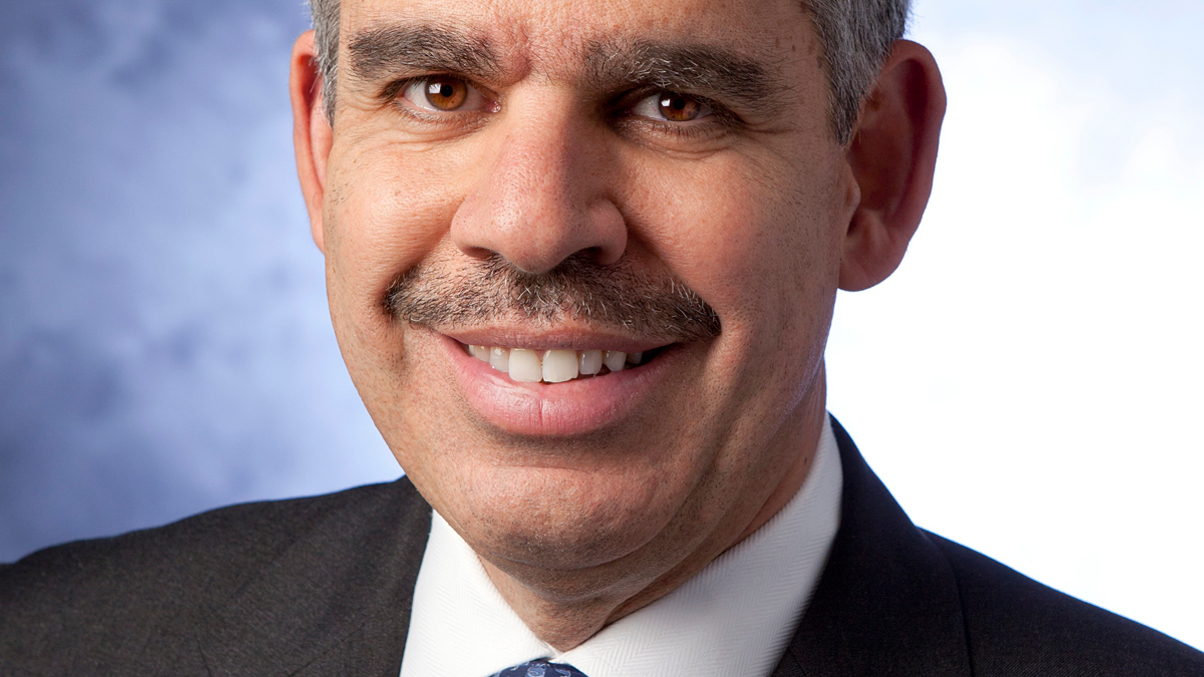Pimco’s El-Erian sees continued EM risk
Mohamed El-Erian, CEO and co-CIO at Pimco, explains why emerging markets remain vulnerable to volatility even if they still exhibit strong fundamentals.

Mohamed El-Erian, CEO and co-CIO at Pimco, says emerging markets remain at risk of capital outflows. This is an excerpt of a bigger interview with El-Erian in FinanceAsia, our sibling title, which appears in its October magazine.
Sign in to read on!
Registered users get 2 free articles in 30 days.
Subscribers have full unlimited access to AsianInvestor
Not signed up? New users get 2 free articles per month, plus a 7-day unlimited free trial.
¬ Haymarket Media Limited. All rights reserved.


